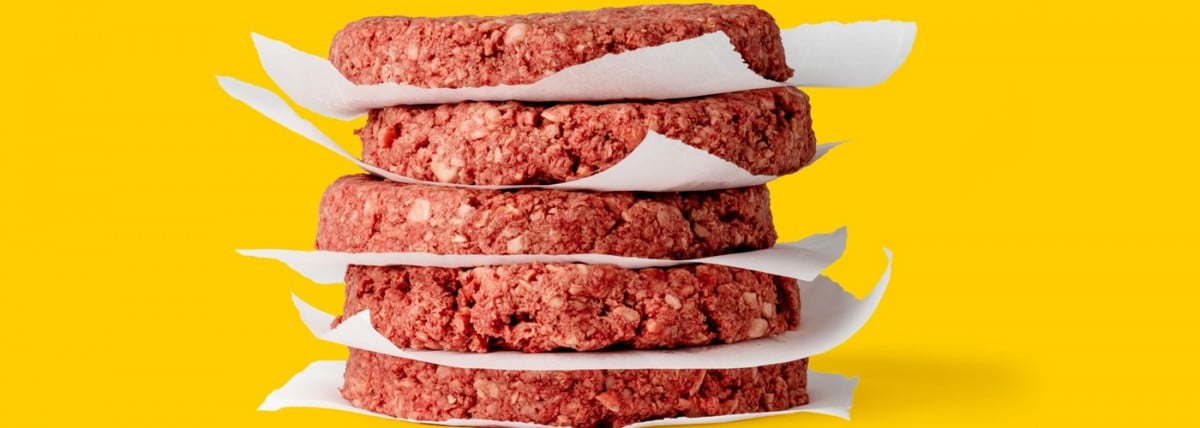Plant-based meat is showing up in some unexpected places

White Castle recently debuted the Impossible Burger, proof the plant-based revolution is reaching all corners of the food system. (See, for example, the review in Eater, calling the Impossible Slider One of America’s Best Fast-Food Burgers.)
Impossible has been regularly popping up on the menus of fast-casual chains like Fatburger and Wahlburgers and high-end restaurants like Saxon + Parole and Momofuku Nishi. But the White Castle partnership marks the Redwood City-based firm’s first major foray into fast food.
The plant-based patty joins a White Castle lineup which has already featured a veggie slider for several years. The Columbus, Ohio-based chain also recently wrapped up a limited-time promotion of a black bean slider made by Dr. Praeger’s. The Impossible Slider costs $1.99, a premium over the chain’s standard sub-$1 sliders, but contains more “meat” and is priced similarly to other specialty sliders like the “Chicken & Waffles” and “Bacon & Cheddar” sliders.
White Castle has already rolled out the Impossible burger in Chicago, New York, and New Jersey — over a third of the chain’s 385 locations. As reported in Forbes, White Castle’s VP Jamie Richardson said the test is going “exceedingly well.” “Sales have exceeded expectations and some restaurants are selling as many as 300 of these sliders a day.”
These launch markets will expose the Impossible slider to a large cross-section of White Castle’s customer base, providing valuable insight into consumer reception and the operational effects of sourcing and serving plant-based patties.
Impossible’s burger has garnered attention by being one of the first patties that looks, handles, smells, cooks, and tastes similar to cow-derived burgers while being made entirely from plants. This gives it a significantly smaller environmental footprint than meat from an animal. Producing an Impossible Burger uses 75% less water, creates 87% fewer greenhouse gas emissions, and requires 95% less land than conventional ground beef from cows. The Impossible Burger also has no hormones, antibiotics, cholesterol, or artificial flavors.
White Castle’s move comes as other restaurants expand plant-based options on their menus. UK outlets of KFC will test a vegetarian chicken later this year. TGI Fridays recently added the Beyond Burger to its permanent menu in its fastest ever test-to-table launch. Better burger chains like Bareburger and Umami Burger are seeing a lot of sales growth from their plant-based offerings. A&W just announced they are adding the Beyond Burger across Canada.
From 2016 to 2017, the plant-based meat, egg, and dairy retail market grew 8.1% in the United States according to Nielsen. Allied Market Research’s Meat Substitute Market Report forecasts that the global plant-based meat alternative market will hit $5.2 billion by 2020. This growth is being driven by an increasing population of flexitarians and millennials who are interested in eating more sustainable, healthy foods.
As other fast food brands position themselves to reach the next generation of food consumers, expect to see more well-known chains follow White Castle’s plant-based example.

